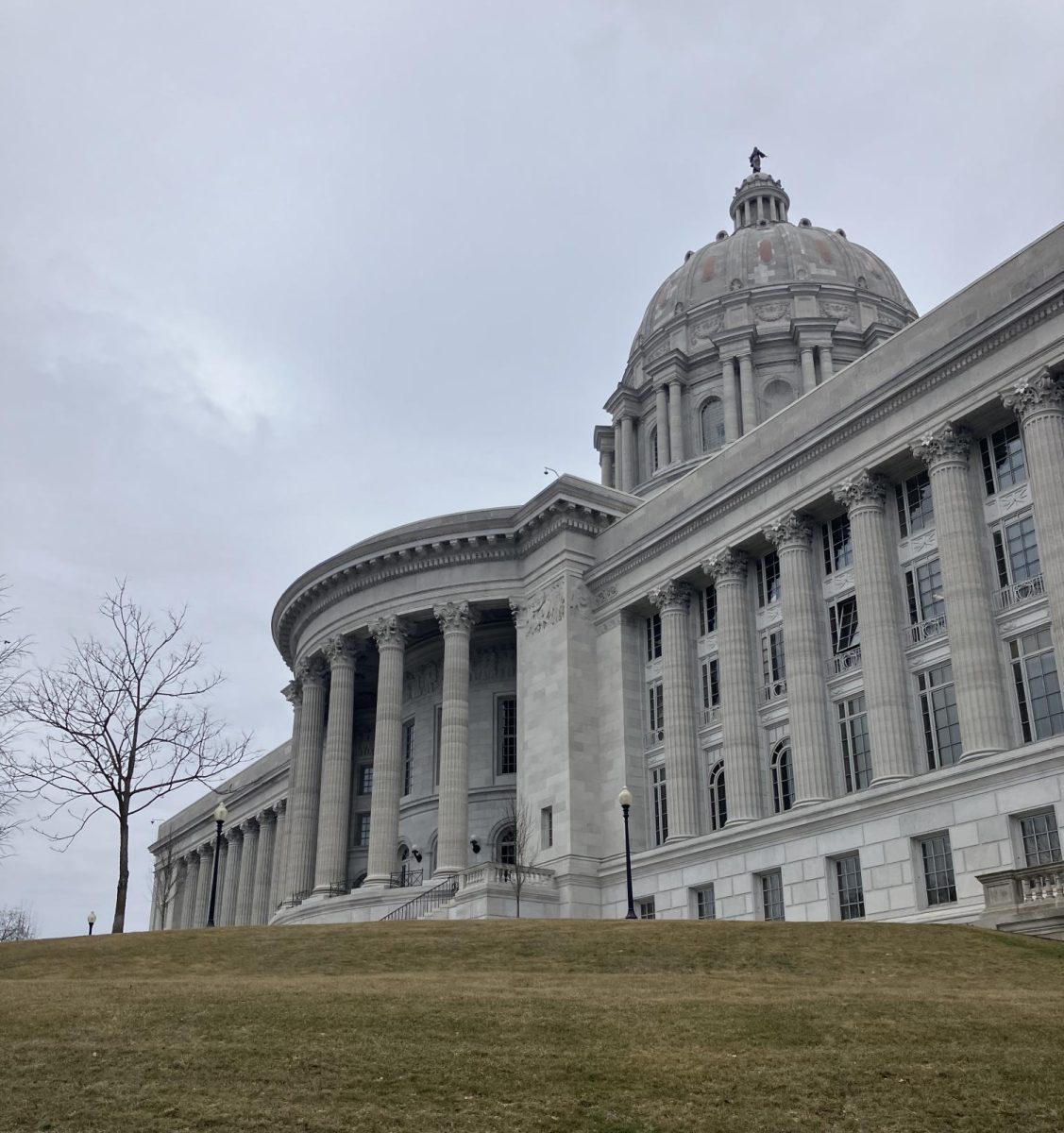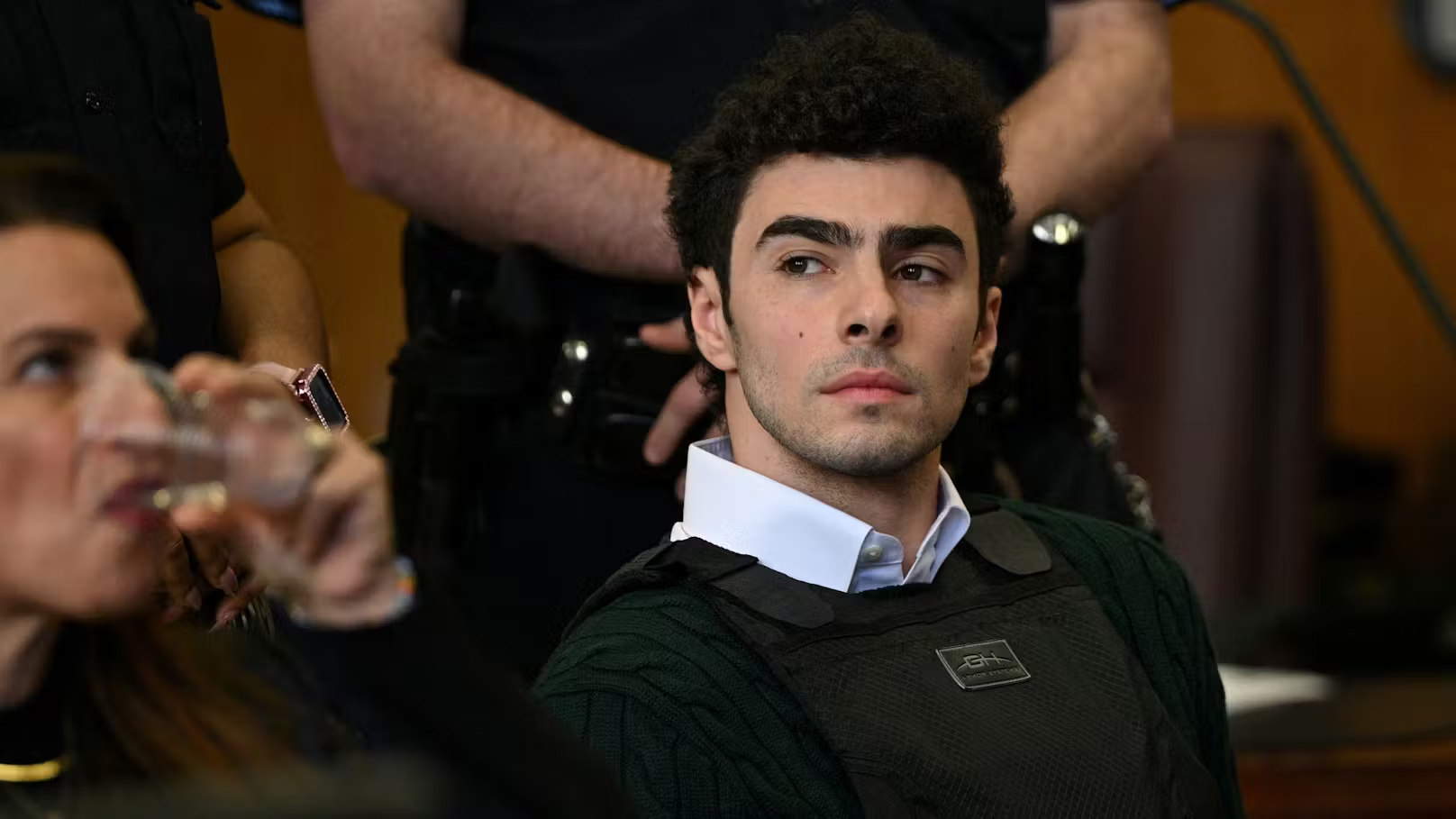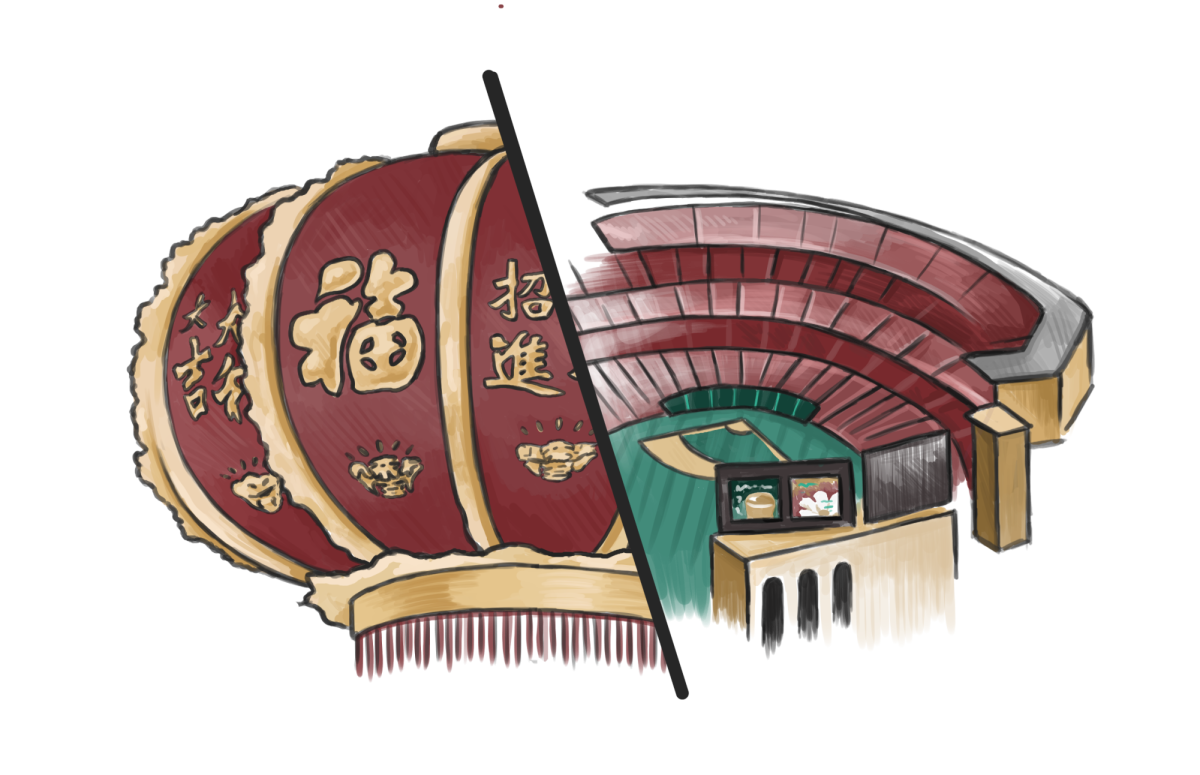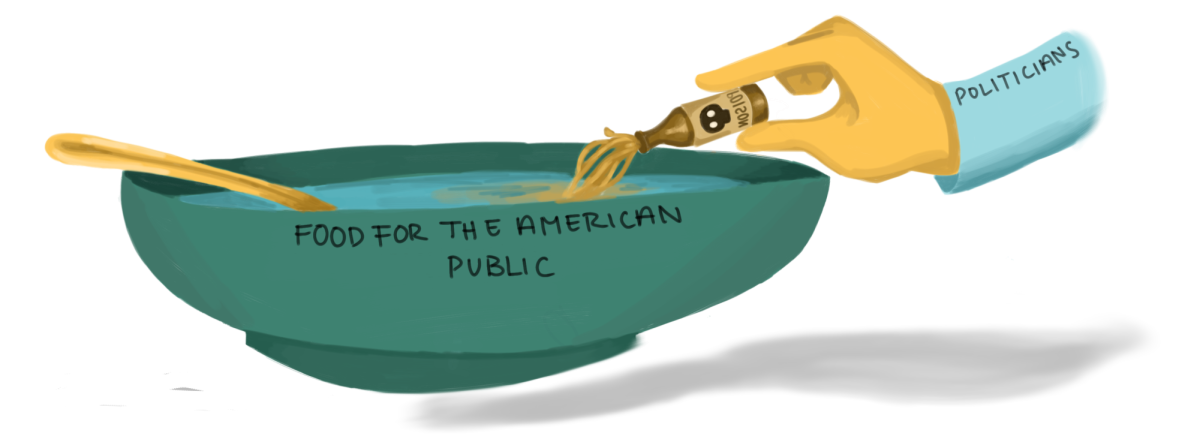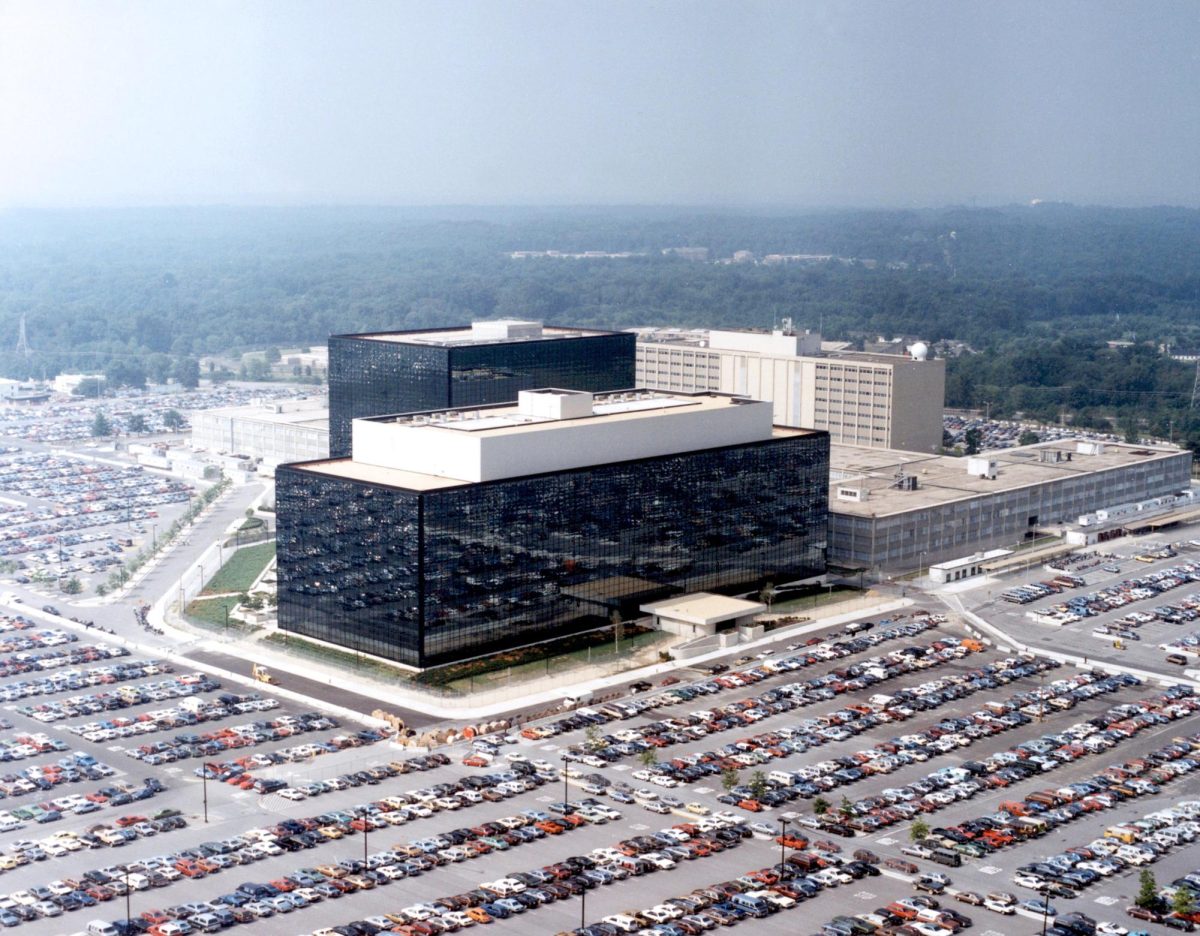In America, many consider college to be the “Great Equalizer.” It is said to empower impoverished students and give them the education that they need to succeed in today’s world, their degrees acting as the key that unlocks a world of opportunities. While in college, all have the opportunity to flourish, just so long as they work hard. During this invaluable time in their lives, they meet new people, including many who are different than they are, whether that may be in political stance, religion or otherwise. A common piece of advice given to high school seniors headed off to college is to take advantage of their short four years in college and to try new things and meet new people.
The First Amendment to our Constitution grants citizens freedom of expression, and many people, myself included, feel that this is one of if not the most important right this groundbreaking document gives us, as it is the cornerstone of all other rights. Free speech is inseparable from every successful progressive social movement in American history, ranging from the abolition of slavery to women’s’ rights to marriage equality. Despite this, on many college campuses today, constitutional free speech is being restricted by many methods from free speech zones to speech codes, which are abhorrent for a multitude of reasons.
Starting off with the latter, we must look to a briefing put out by one of the most influential and important civil rights organizations: the American Civil Liberties Union, or ACLU. This powerful institution works nationwide fighting for the rights of so many disenfranchised Americans, and in a briefing, stated explicitly that when implemented, speech codes either don’t fix problems or even make the situation worse. “Defamation laws or codes have proven ineffective at best and counter-productive at worst. For one thing, depending on how they’re interpreted and enforced, they can actually work against the interests of the people they were ostensibly created to protect. Why? Because the ultimate power to decide what speech is offensive and to whom rests with the authorities — the government or a college administration — not with those who are the alleged victims of hate speech.” Furthermore, in an essay featured by FIRE, or the Foundation for Individual Rights in Education, in 2011, Zachary Trama demonstrates how free speech shuts down explorative thinking and allows colleges and universities to enforce their own beliefs upon students, saying “Make every student’s views the same. Proactively eliminating diverse ideas about controversial subjects is an abhorrent practice.. By the end of orientation, the point was hammered home, and their ideas were flushed down the spiral of silence.” If even just attending a tour of a college or university can have such chilling effects as Trama showed, this is irrefutable evidence that we must join together and protect the constitutional rights of students around the country.
Now, some may say that colleges ought to use these restrictions to take hateful and offensive speech out of students’ lives, but this is once again a counterproductive action. These institutions’ purpose is to educate students and prepare them for the “real world.” Once students leave college, there will be no more free speech zones or restrictions to protect them. Although some students may experience slurs or topics that are unpleasing to them on campus, colleges shouldn’t shield students from these types of things. Let me explain myself. Imagine an Army doctor, never having experienced the horrific smells of an operating room in a warzone. Then, when deployed, the doctor is repulsed by the stench and has a very hard time concentrating on his patients. This scenario is why, according to Science Explorer, the US Armed Forces use a liquid that was originally marketed as a prank spray during practice sessions since they need to “replicate the environment of combat.” Just like college students, the men and women in our armed forces need to be prepared to deal with the tough situations they will face once they leave their schools. If students never learn how to respond to slurs and hate speech, they will not be properly equipped for the real world and thus the college would not be fulfilling one of its purposes.
We must band together and protect our college students’ right to free speech like our constitution mandates. If we restrict speech on campus, we don’t adequately prepare students for the real world, not serving them correctly. Sometimes, we could even end up harming those who we initially set out to protect. Ensuring college students’ First Amendment right is the morally superior option, and by allowing this crucial freedom to be constricted, we only hurt ourselves and those who we want to help.



